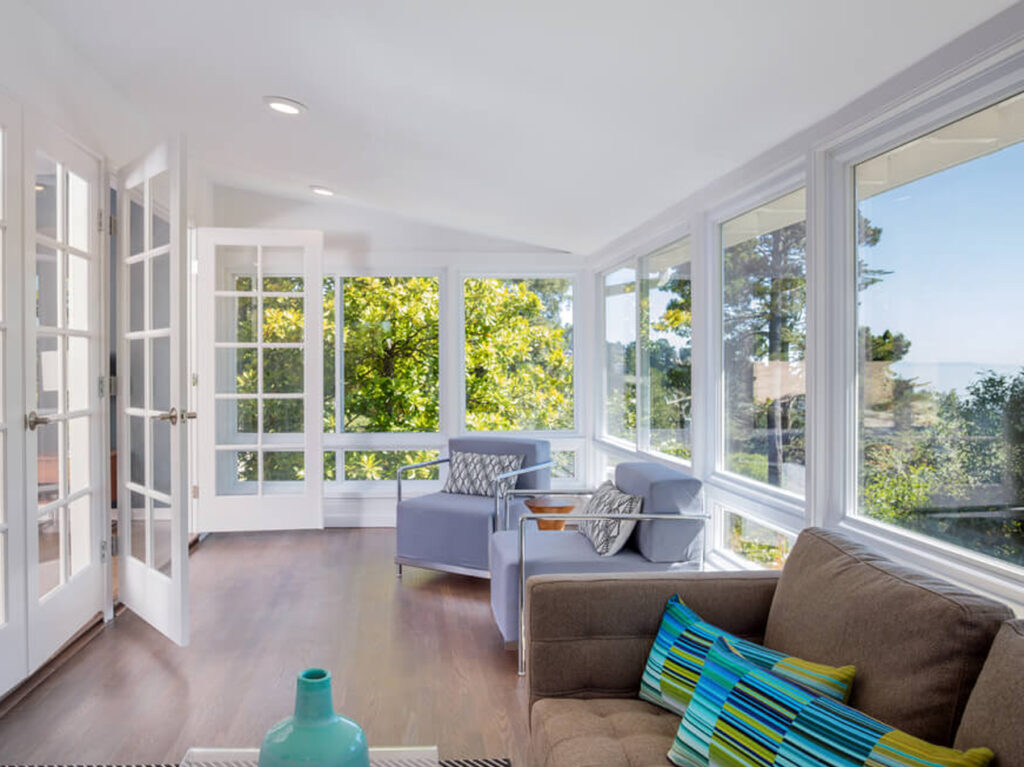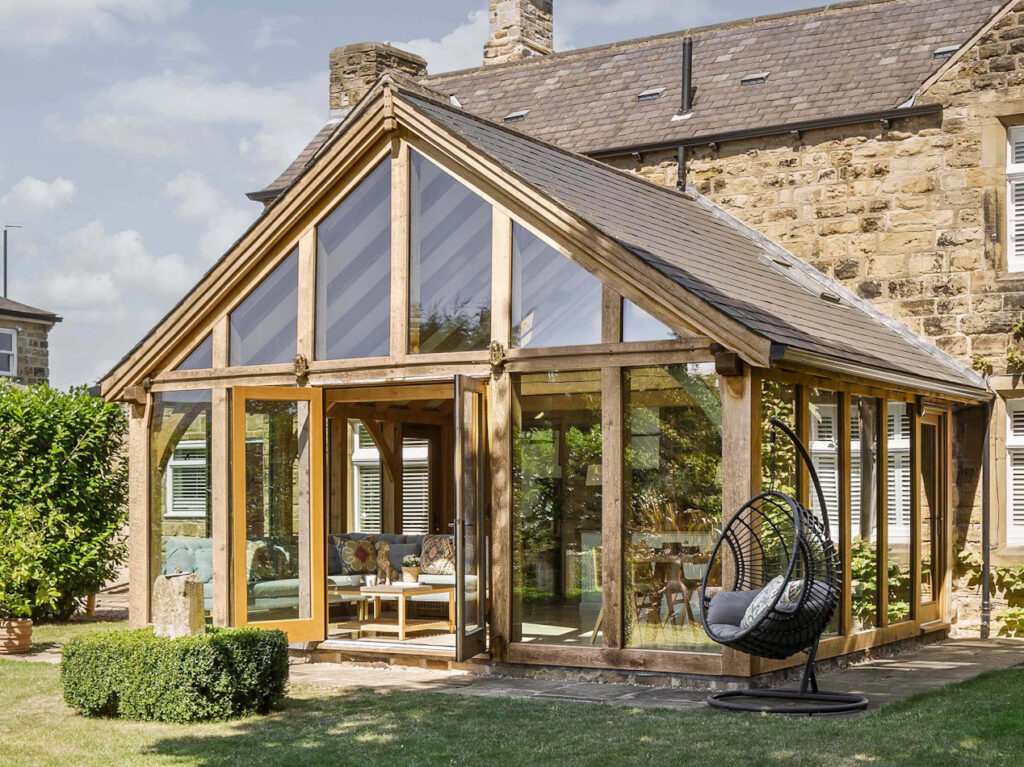Richocean Is China’s Trusted Supplier Of
Windows And Doors Manufacturer
Adding a sunroom is a fantastic way to bring more natural light into your home while creating a versatile space for relaxation, entertaining, or even a home office. However, homeowners often face a key decision: Should they go with a DIY sunroom kit or invest in a custom-built sunroom? Each option has its advantages and drawbacks, depending on budget, skill level, and design preferences.


Pros:
Cost-Effective – Pre-fabricated kits are significantly cheaper than custom builds, making them ideal for budget-conscious homeowners.
Faster Installation – Many DIY kits can be assembled in a weekend or a few days with basic tools.
Standardized Designs – Kits come with pre-cut materials and instructions, reducing guesswork.
Flexible Sizing – Some manufacturers offer modular designs that allow for slight adjustments.
Cons:
Limited Customization – Most kits come in fixed sizes and styles, restricting design flexibility.
Lower Insulation & Durability – Many budget-friendly kits use thinner glass or less robust framing, which may not be ideal for extreme climates.
Requires Some DIY Skills – While marketed as "easy to install," some kits still demand carpentry or construction experience.
Best For: Homeowners who want an affordable, quick solution and are comfortable with basic DIY projects.
Pros:
Fully Personalized Design – Work with architects and contractors to create a sunroom that matches your home’s aesthetics and functional needs.
Higher Quality Materials – Custom builds often use premium glass (e.g., double-paned, Low-E, or tempered) and sturdier framing (vinyl, wood, or aluminum).
Better Energy Efficiency – Professionally built sunrooms can include proper insulation, HVAC integration, and weatherproofing.
Increased Home Value – A well-designed custom sunroom can boost resale value more than a prefab kit.
Cons:
Higher Cost – Custom sunrooms require professional labor and materials, making them a bigger investment.
Longer Construction Time – From design to completion, the process can take weeks or even months.
Permits & Regulations – Some areas require building permits, which add complexity.
Best For: Homeowners who want a high-end, permanent addition with maximum comfort and style.
Go with a DIY Sunroom Kit If:
Opt for a Custom Sunroom If:
Both DIY sunroom kits and custom sunrooms have their place, depending on your needs. If you prioritize affordability and speed, a kit might be the right choice. But if you want a luxurious, energy-efficient space tailored to your home, a custom build is worth the investment.
Before making a decision, consider consulting with a sunroom specialist to explore design options, costs, and local building codes. Whether you choose a DIY approach or a professional installation, a sunroom can transform your living space into a bright, inviting retreat.
Would you like recommendations on sunroom materials or design trends? Let me know how I can help!
Related Articles